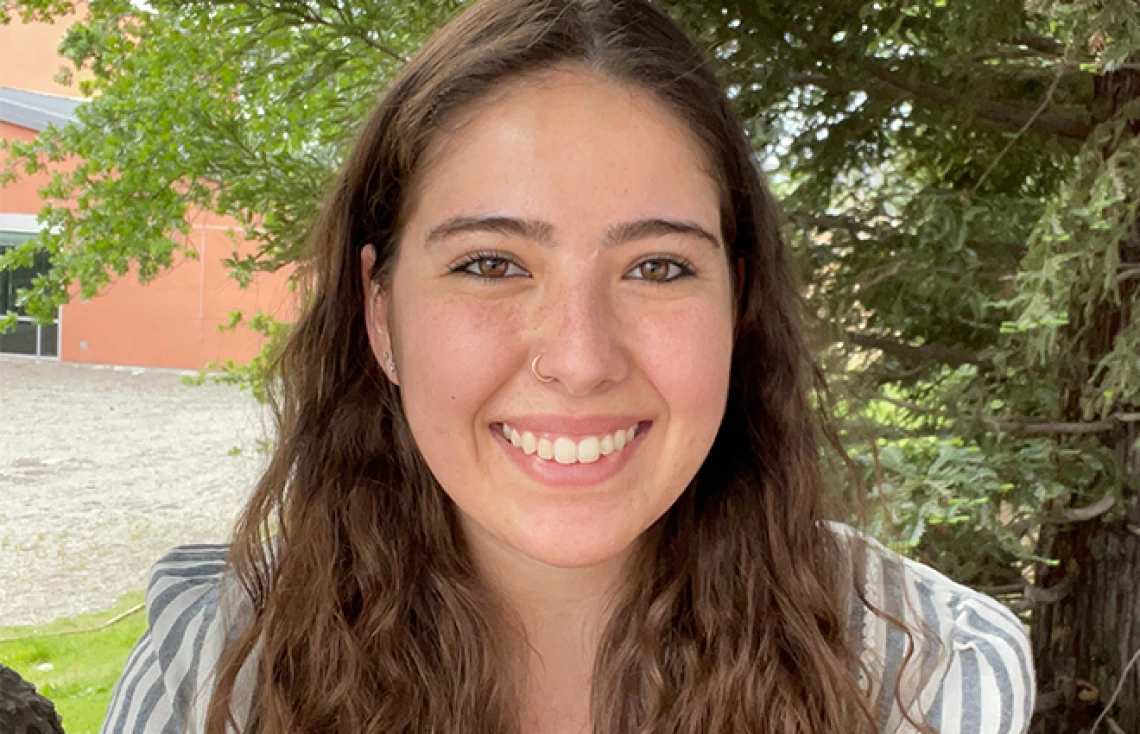Grad Student Addresses Resource Challenges in Indigenous Communities

Arianna Tariqi, a PhD student in environmental engineering, is also a trainee in the Indigenous Food, Energy & Water Security and Sovereignty program. Indige-FEWSS is a partnership between the University of Arizona and Diné College, the oldest Tribal College & University in the country.
The program aims to develop the next generation of scientists and engineers to work with and within Indigenous communities to address food-energy-water challenges.
“I worked with two other women; one’s in urban planning and the other is in agriculture education,” Tariqi said, speaking about her recent trip to check the water filtration units in a Navajo community. “I was the student in charge of the water sampling, but because of my friends’ questions, I had to think about how to explain my work to someone who may not know exactly how it works. It got my brain going.”
Tariqi also learned from community members’ disciplines.
“Some of the women were working on the electrical part, or the solar part,” she said. “They taught me a lot about electrical components and helped me understand their application to water filtration units.”
Interdisciplinary programs like Indige-FEWSS also offer community engagement opportunities.
“I think the main thing I learned from that trip was application – how everything from my classes can be applied in a community setting and how working with others from across disciplines expanded my way of knowing my own work," Tariqui said. "It was really eye opening.”
Tariqi is one of many UA students in the Graduate Interdisciplinary Program.
